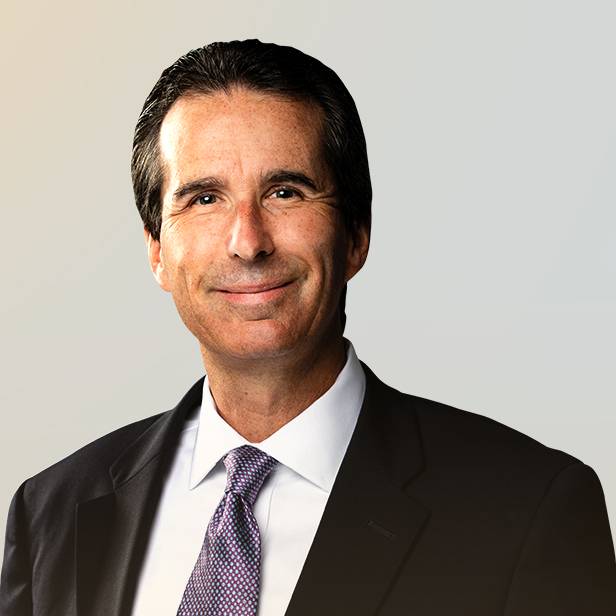Bloomberg | Private Lenders Get Juicier Yields in Battered Middle Market
View original post from Bloomberg on May 7, 2020 here.
Small and mid-sized companies are facing higher borrowing costs as private lenders grow more cautious about lending to beaten-up businesses.
This comes as U.S. mid-sized businesses saw enterprise value decline 7.5% in the first quarter, according to the Lincoln Middle Market Index — making for the worst quarter since at least 2014 when the benchmark was established.
“Up until Covid-19 hit, these companies were having almost record earnings — it was going gangbusters,” said Ron Kahn, a managing director at Lincoln, which tracks companies with annual earnings of $100 million or less. “But in March, everything declined and there were no safe sectors.”
As enterprise values decline and with limited visibility into future performance, shadow banks that lend to middle market firms are taking a more conservative approach to financing, Kahn said in an interview. The lenders are largely focusing on shoring up their own credit lines and their existing borrowers, before making new deals. If they do sign on to fresh transactions, they want to be paid handsomely, he said.
Lenders to mid-sized businesses are commanding 100 to 250 basis points of incremental spread over the Libor benchmark rate compared to the end of last year, along with tighter covenants and lower leverage, according to a Thursday statement from Lincoln International.
A unitranche loan for a company with more than $40 million of earnings before before interest, tax, depreciation and amortization is likely to command 650 to 750 basis points over Libor currently, according to Lincoln. A senior loan will probably price around 500 to 600 basis points over Libor, while a second-lien would be around 900 to 1,050 basis points over Libor, according to Lincoln data.
Many lenders are in talks with private equity sponsors about how both sides can come together to get a borrower through this rough patch, including additional equity, or loan covenant holidays, Kahn said.
“There’s no benefit for anybody to take a difficult or acrimonious posture,” he said.
The coming months will likely shed more light on which companies will survive extended shutdowns and which will be pummeled further.
“I almost think of the second quarter as a truing up as we have a better sense of where things are,” Kahn said.
Summary
-
Ron Kahn, Managing Director and Co-head of Lincoln International’s Valuations & Opinions Group, discusses the Lincoln Middle Market Index with Bloomberg.
- Sign up to receive Lincoln's perspectives
Contributor

I enjoy the opportunity to provide clients with insightful and unbiased advice that will help them make the most informed decisions possible.
Ron Kahn
Managing Director & Global Co-head of Valuations & Opinions
ChicagoMeet our Senior Team in Valuations & Opinions

I find immense fulfillment in enabling clients to achieve their objectives and navigate the complexities of today's ever-changing landscape.
Chris Croft
Managing Director & Co-head of Transaction Opinions
New York
I enjoy sharing insights about market and valuation trends with my clients, while also leading a differentiated and high-touch process.
Brian Garfield
Managing Director & Head of U.S. Portfolio Valuations
New York
I enhance my clients’ decision making and governance processes by providing independent and objective financial advice in a highly responsive manner.
Chris Gregory
Managing Director & Co-head of Transaction Opinions
New York
I enjoy the opportunity to provide clients with insightful and unbiased advice that will help them make the most informed decisions possible.
Ron Kahn
Managing Director & Global Co-head of Valuations & Opinions
Chicago







